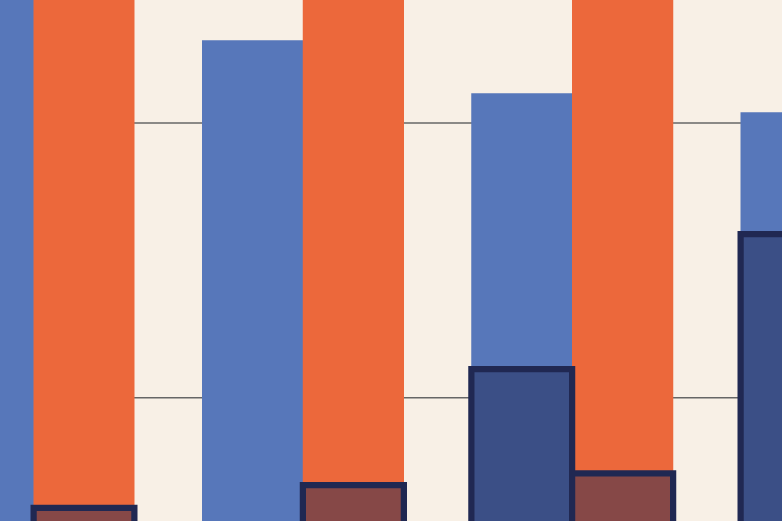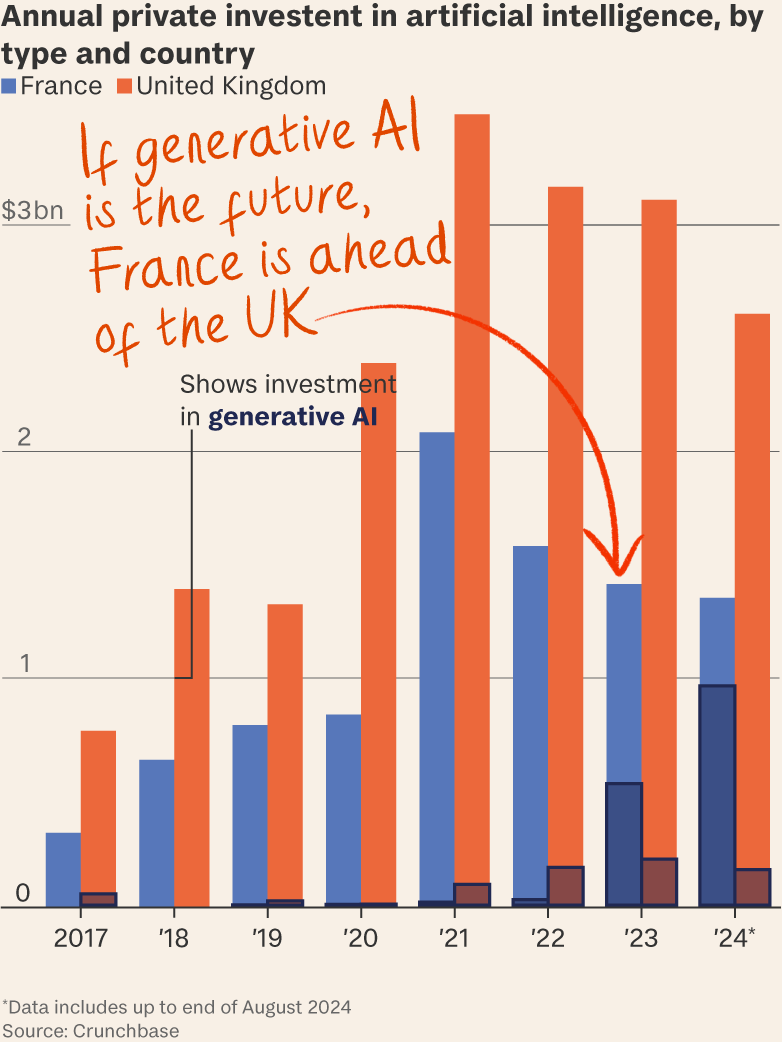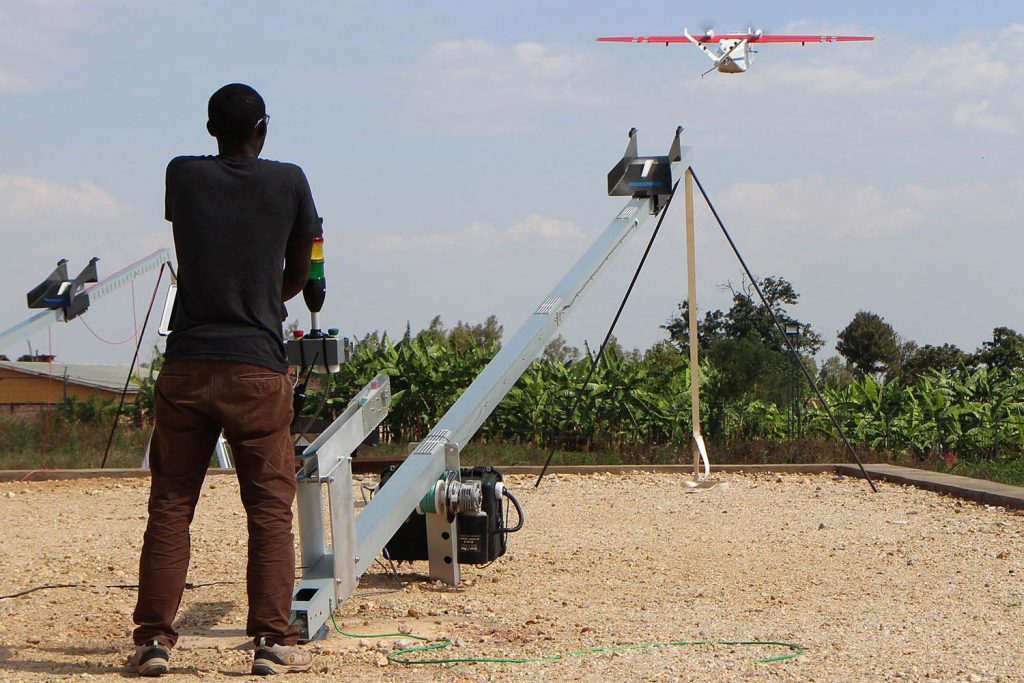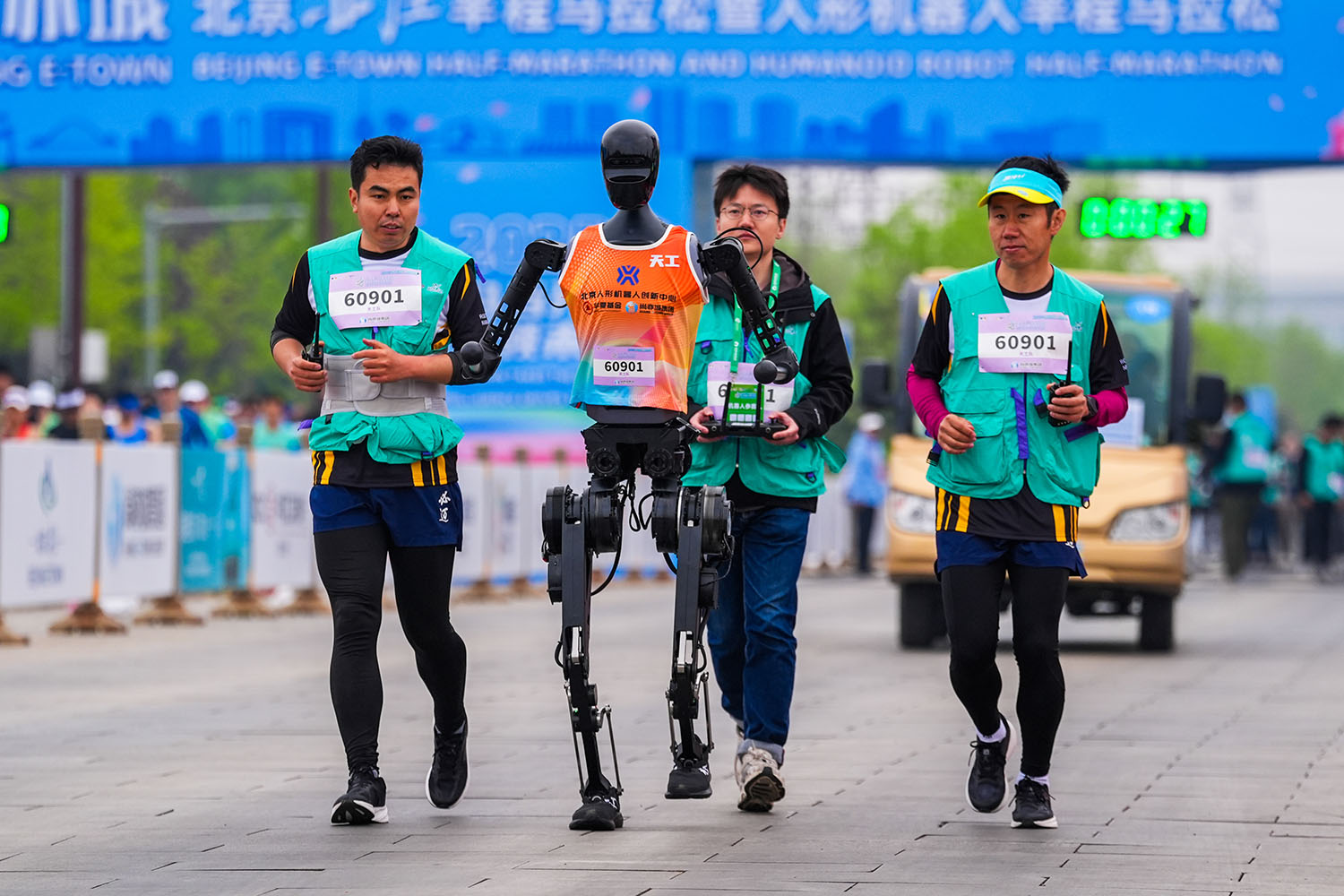
In 2018, Emmanuel Macron unveiled a new national strategy on artificial intelligence, promising to make France an AI leader in Europe.
So what? It worked.
- France has jumped to fifth place in Tortoise’s Global Artificial Intelligence Index, up from 13th last year.
- The UK sits just ahead in fourth place, but French generative AI start-ups attracted $965 million of private funding this year – six times more than in the UK.
- France’s cumulative AI government spending since 2018 now totals €7.2 billion according to Tortoise analysis – 60 per cent more than the UK.
Pourquoi pas? France has developed an advantage specifically in the field of open-source generative AI – the open-to-all alternative to models like OpenAI’s ChatGPT.
- France’s national champion, Mistral AI – backed by Cedric O, a former digital minister for Macron’s government – has already released open-source models able to compete with the most capable ones coming from the US and China, the two countries that overwhelmingly dominate the AI race.
- Mistral’s valuation recently soared to almost €6 billion a year after launching, and Microsoft is now hosting Mistral’s models on its cloud platforms.
- Of the top 200 most powerful open-source AI models released this year, 24 were developed in France, 41 in China and 65 in the US. Only four were developed in the UK – fewer than in Canada, Spain and Germany.
- France’s biggest supercomputer is three times more powerful than the UK’s equivalent, measured in petaflops.

“Over the past few years, French companies have gained international recognition [and] the French government has made notable efforts to simplify administrative processes and dedicated major investments to the French AI ecosystem, which is starting to pay off,” says Julien Chaumond, founder of Hugging Face, a France-US platform for open-source model collaboration.
Across the channel. Compared with France, the UK’s strength lies in
- talent – it ranks third in the world for the number of AI scientists, with more dedicated researchers;
- research – the UK is home to the best universities for computer science and produces more academic AI research than France; and
- private investment – overall, more money still flows to general AI companies in the UK.
But… the UK ultimately “lacks the same sense of urgency as other countries,” says Tim Gordon, the founder of Best Practice AI, as well as a clear government strategy that could help mobilise capital. “There’s no big British companies doing this, whereas there are big French companies doing it and making big things.”
Big picture. The US continues to lead the way in all areas of AI development, and extends its lead over China in this year’s edition of the Global AI index. The two superpowers are also ahead of every other country in the index by a significant margin.
Singapore maintains third place, confirming its position as Asia’s most dynamic AI hub after China, and has made big advances this year in AI research and investment.
Governments across the world have significantly increased AI funding this year, especially in Saudi Arabia where public AI spending commitments outrank the US and China in absolute terms.
What’s more… Right now, the countries developing the best performing generative AI models are considered winners in the AI race. But in the long-run, the extent to which AI models are adapted for businesses and consumers – and the regulations around their use – may turn out to be more important. Don’t write the UK off just yet.












